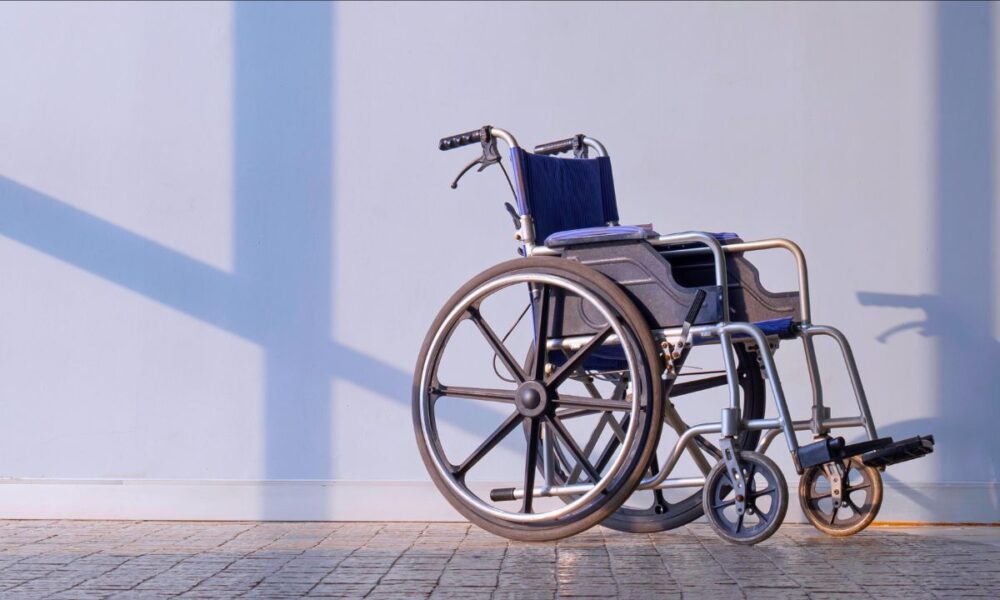A newly published study says that the body’s own immune system may be responsible for driving the progression of amyotrophic lateral sclerosis, better known as ALS or Lou Gehrig’s disease.
Scientists at the La Jolla Institute for Immunology and Columbia University have discovered that immune cells in individuals with ALS target the C9orf72 protein in neurons, leading to inflammation that accelerates nerve cell loss. Notably, the researchers found two distinct patient groups: individuals with immune systems that mount a strong inflammatory response and tend to experience rapidly worsening symptoms, and those with more protective immune responses, who typically live much longer.
“This is the first study to clearly demonstrate that in people with ALS, there is an autoimmune reaction that targets specific proteins associated with the disease,” said Alessandro Sette, a professor at the institute and co-lead author of the study, per Bloomberg.
In the United States, around 15 people are diagnosed with the neurodegenerative disease every day. While some individuals experience rapid deterioration, others, like physicist Stephen Hawking, live for decades with the condition.
Despite immune activation having long been recognized in ALS, precisely how it was triggered remained a mystery, according to Avindra Nath, clinical director at the National Institute of Neurological Disorders and Stroke in Bethesda, Maryland, who wasn’t involved in the study.
The latest research highlights how ALS patients, even those without a family history of the disease, mount immune reactions to the protein C9orf72, stronger than reactions to other ALS-related proteins. Patients with C9orf72 mutations exhibited more active immune responses and were found to have a longer lifespan. However, Nath cautioned that the breakthrough findings remain correlative.
“The specific mechanisms by which such protection may occur is speculative and further studies are needed,” said Nath.
So far, ALS has been a challenging condition to treat. Only a handful of approved therapies exist, and even these offer only modest benefits. However, by identifying a specific immune target, the latest findings could help with the development of more precise treatments.
“It has potential forward paths for intervention in a disease where there is not a lot that people can do, unfortunately,” Sette said.


